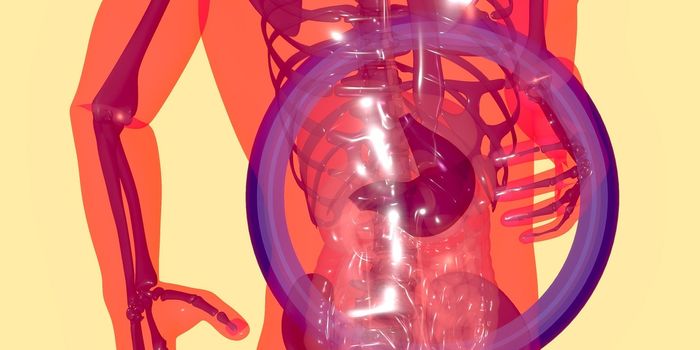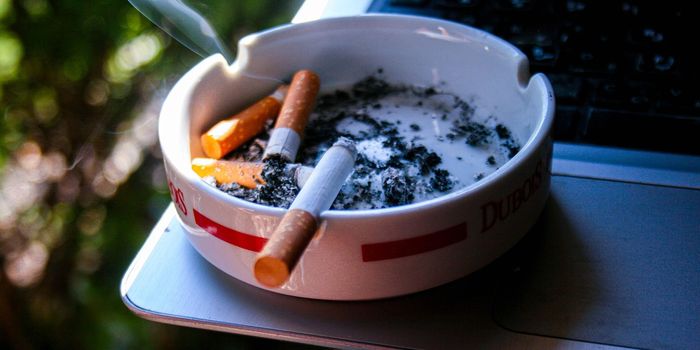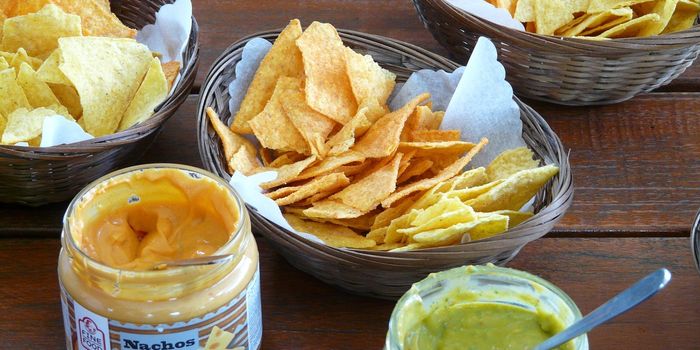Treating cancer with the botanical andrographis
A study from City of Hope published in the journal Carcinogenesis reports that the use of the natural botanical Andrographis paniculate in conjunction with chemotherapy could kill chemo-resistant colorectal cancer cells. Chemo-resistant cancers are especially difficult to overcome and patients have very limited options of treatment. Currently, it is estimated that as high as 50–60% of colorectal cancer patients develop resistance to the standard 5-fluorouracil (5FU)-based chemotherapeutic regimens.
Andrographis paniculate offers a non-toxic alternative that can be used in combination with chemotherapy, suggests the new research. The botanical is known for its anti-inflammatory, antibacterial, and antiviral properties and is popular in South Asia. Recent studies have also looked at its anticancer properties.
"Many, many scientific articles have been published showing that Andrographis kills cancer cells. That's not the news," said corresponding author Ajay Goel, Ph.D., M.S., who is founding chair of City of Hope's Department of Molecular Diagnostics and Experimental Therapeutics. "The problem is, how do we kill these 'super cells' that have become chemo-resistant?"
In conducting the study, the group used cell lines to test the outcome of experiments involving the combination of Andrographis with 5-fluorouracil (5FU). Following these cell line experiments, they conducted similar tests in animal models and 3D-organoid models. In all three levels of experiments, the combination of Andrographis with 5FU outperformed the 5FU standard treatment on its own in killing cancer cells.
The researchers determined that Andrographis works by interfering with two major cell signaling pathways – the ferroptosis pathway that regulated programmed cell death, and the β-catenin/Wnt-signaling pathway, which involves cell metabolism. In cancer cells, both of these pathways are on the fritz.
"In cancer, there are hundreds of pathways that are malfunctioning, and modern therapies are designed to target a specific gene or molecule or pathway," Goel said. "It can give patients relief in the short term, but sometimes the cancer says, 'No problem. We have 100 different ways to survive.' Unlike many of the targeted therapies we use in cancer patients, natural treatments are unique, as they don't target a specific pathway but work on many pathways."
"After exposure to Andrographis, the ferroptosis signals were turned back on, which told the cells, 'Yep, it's time to die,'" Goel said. "And the metabolic process was regulated, taking nutrition away from the cancer cells, allowing them to die."
The researchers say the next step in their continued investigation, pending FDA approval, will be to further their experiments in clinical trials. They have hope that their findings will have serious implications for chemo-resistant patients.
Sources: Carcinogenesis, Eureka Alert










